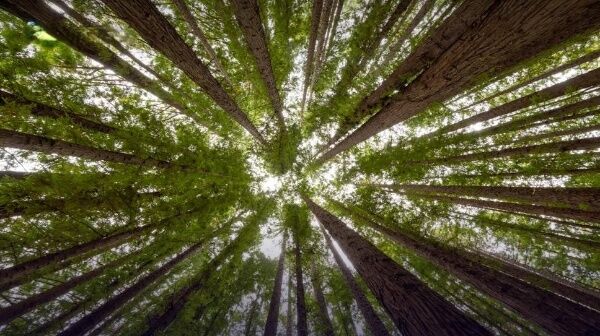Global forests in crisis: Shocking decline revealed

In a staggering revelation, the world’s forests have undergone a drastic reduction of nearly 20 million square kilometres over the past 30 years, plunging from 42.03 million square kilometres in 1992 to 40.44 million square kilometres in 2021, as per the latest data from the World Bank.
Attributing this alarming loss to the relentless encroachment of agriculture and industrialisation, the World Bank paints a grim picture where forests now only occupy roughly 30% of the Earth’s habitable land, home to an estimated 3 trillion trees.
Delving into the specifics, a recent report by online publisher Visual Capitalist offers a visual breakdown of forest distribution worldwide, unearthing some truly captivating insights.
Topping the charts is Russia, reigning over more than a fifth (20.1%) of the world’s forest expanse, a colossal 8 million square kilometres, encompassing almost half of its entire territory.
Brazil follows closely in second place, boasting over 12% of global forests, approximately 5 million square kilometres, predominantly dominated by the imperilled Amazon rainforest, which has witnessed a distressing loss of 237,000 square kilometres in just five years due to rampant deforestation.
Canada secures the third spot with 3.46 million square kilometres (8.6%), trailed by the United States at fourth with 3.09 million square kilometres (7.7%), both nations renowned for their cherished national park systems aimed at preserving biodiversity.
Surprisingly, China clinches the fifth position, claiming a 5.5% share, equivalent to 2.2 million square kilometres. Remarkably, China stands out for bucking the trend by expanding its forest area over two and a half decades, adding a staggering 511,807 square kilometres, surpassing the entirety of Thailand.
Rounding off the top 10 are Australia, the Democratic Republic of Congo (DRC), Indonesia, India, and Peru, each contributing significantly to the global forest cover, reported The Nation.
Strikingly absent from the top rankings is Thailand, with its forest area dwindling over the years, underscoring the urgent need for conservation efforts.
Furthermore, the World Bank’s study highlights the critical disparity between primary forests, untouched by human hands, and human-planted ones, stressing the importance of preserving natural ecosystems for biodiversity and carbon sequestration.
On a sobering note, countries such as Bahrain, Kuwait, Egypt, and Libya stand as stark examples where human-planted forests constitute the entire forest cover due to the inhospitable arid conditions, highlighting the fragile balance of nature in the face of human intervention.
Latest Thailand News
Follow The Thaiger on Google News:


























